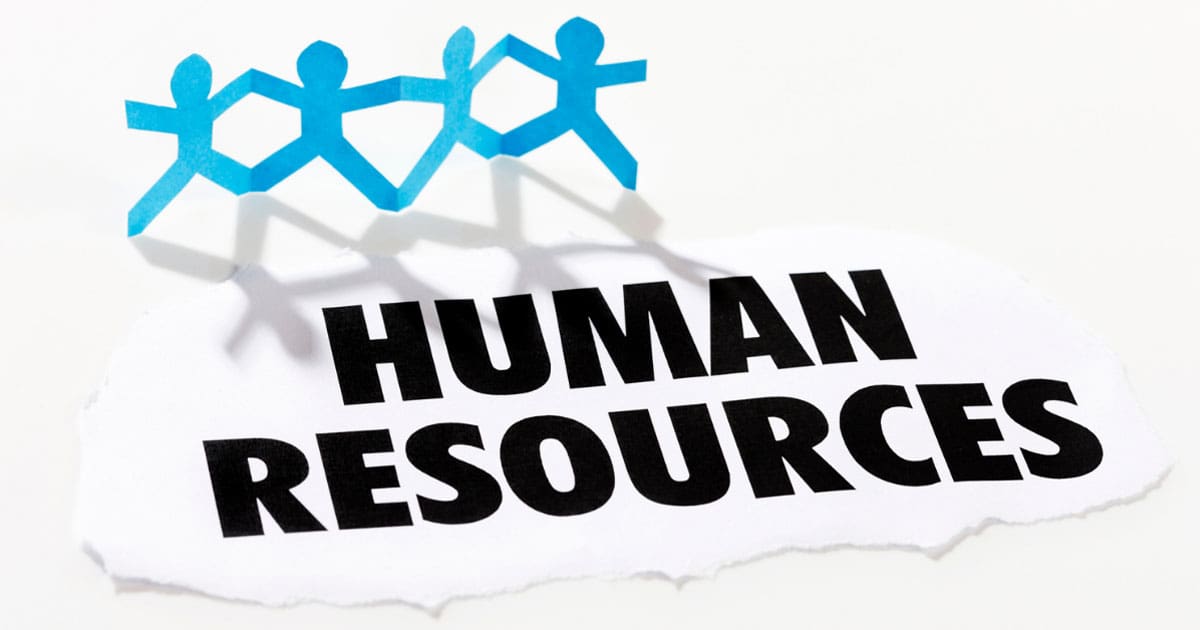
Human Resources (HR) serves as a critical component in the success of any organization by managing and supporting its workforce. The role of HR encompasses a wide range of functions, from recruitment and onboarding to employee development and 人力資源系統 compliance, all of which contribute to the overall health and efficiency of the organization.
The recruitment process is fundamental to building a strong team. HR begins by identifying the needs of the organization and crafting job descriptions that outline the skills and qualifications required for each position. Effective recruitment involves attracting suitable candidates through various channels, such as job boards, social media, and professional networks. A thorough selection process ensures that the organization hires individuals who are not only skilled but also a good fit for the company’s culture and values. This initial step is crucial for setting the foundation for a productive and cohesive workforce.
Once candidates are selected, onboarding becomes a key focus. Onboarding helps new employees integrate into the organization smoothly, providing them with the necessary tools, resources, and information to succeed in their roles. A structured onboarding process includes introductions to the company’s mission, values, and policies, as well as specific training related to their job functions. Effective onboarding enhances employee engagement and reduces the time it takes for new hires to become fully productive, ultimately contributing to higher retention rates.
Training and professional development are ongoing responsibilities of HR. Providing employees with opportunities to enhance their skills and advance their careers is essential for maintaining a motivated and capable workforce. HR coordinates various training programs, workshops, and seminars that address both job-specific skills and broader professional competencies. Continuous development helps employees stay current with industry trends and prepares them for future roles within the organization. Investing in employee growth not only benefits the individuals but also strengthens the organization’s overall capabilities.
Performance management is another critical area overseen by HR. It involves setting clear expectations, providing regular feedback, and conducting performance evaluations. Effective performance management helps identify high performers, address areas where improvement is needed, and align individual goals with the organization’s objectives. Recognizing and rewarding exceptional performance fosters a culture of excellence and motivates employees to contribute their best efforts. Additionally, managing employee relations, addressing grievances, and resolving conflicts are essential for maintaining a positive and productive work environment.
Compliance with labor laws and regulations is a significant responsibility for HR. Ensuring that the organization adheres to legal requirements related to wages, working hours, health and safety, and anti-discrimination is crucial for avoiding legal issues and promoting fair treatment of employees. HR professionals must stay informed about changes in legislation and implement necessary policies and procedures to ensure compliance. This role is vital for protecting the organization from legal risks and ensuring a fair and equitable workplace.
HR also manages employee benefits and compensation, including designing and administering benefits packages such as health insurance, retirement plans, and other perks. Offering competitive compensation is essential for attracting and retaining top talent. HR must balance the need for attractive benefits with budgetary constraints, ensuring that the compensation structure is both appealing and sustainable.
Creating and sustaining a positive workplace culture is another key responsibility of HR. This involves fostering an environment where employees feel valued, engaged, and motivated. HR initiatives such as team-building activities, recognition programs, and wellness initiatives contribute to a supportive and inclusive work environment. A strong workplace culture enhances job satisfaction, reduces turnover, and improves overall organizational performance.
In summary, HR plays a multifaceted role that is crucial to an organization’s success. By managing recruitment, onboarding, training, performance, compliance, and workplace culture, HR professionals contribute to the overall effectiveness and growth of the organization. Their efforts in supporting employees and managing change are essential for building a resilient and successful workforce.
